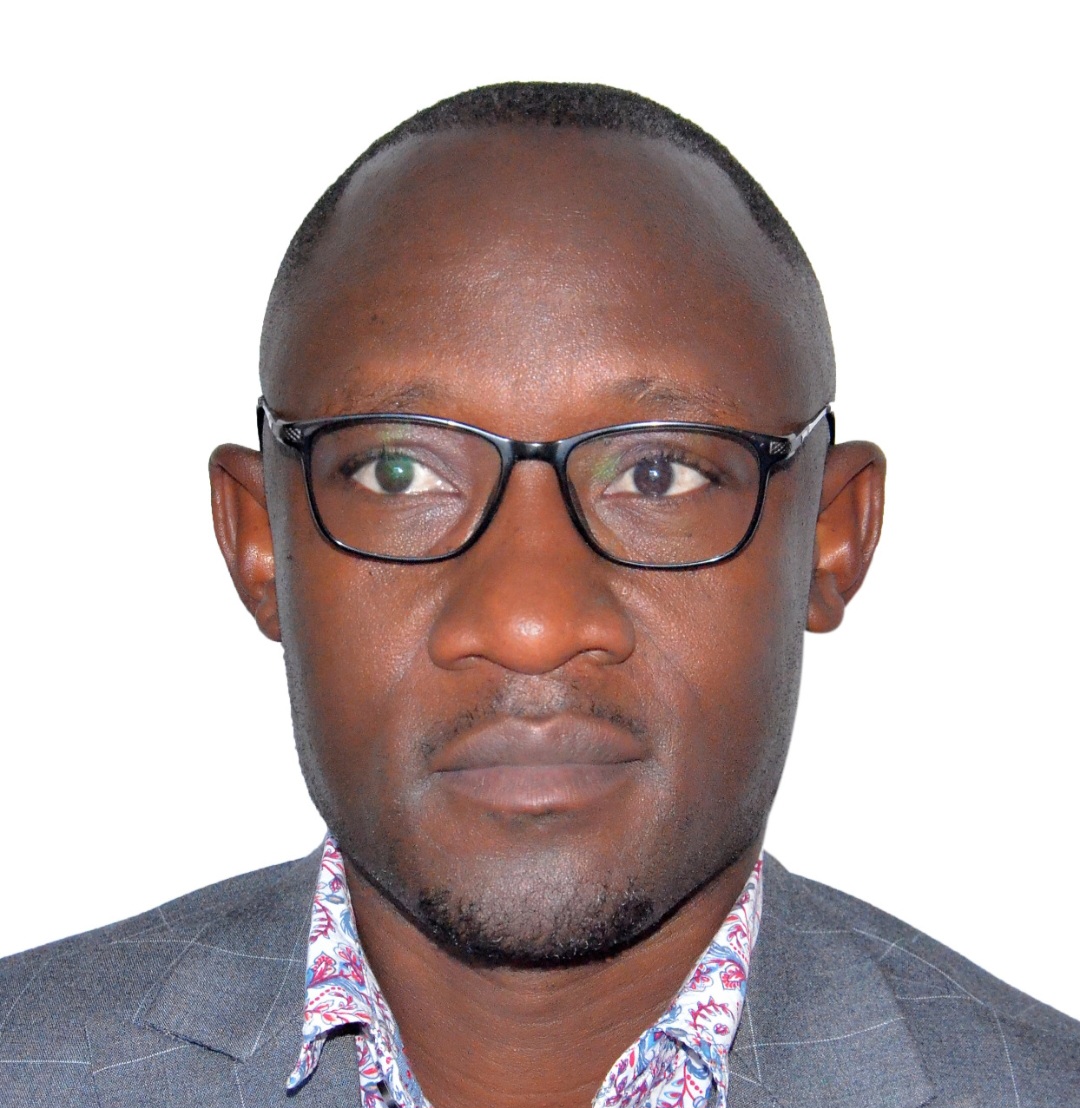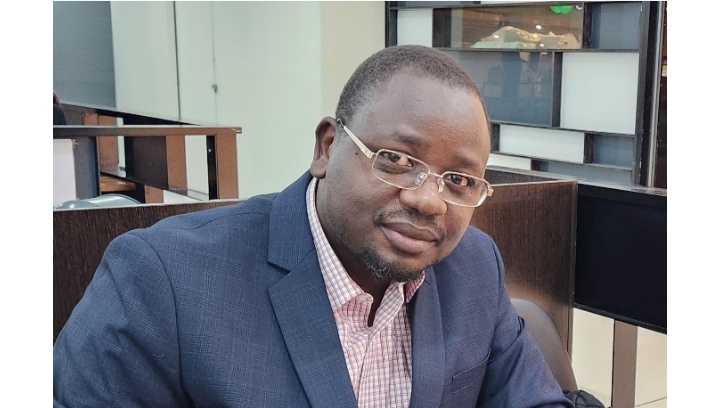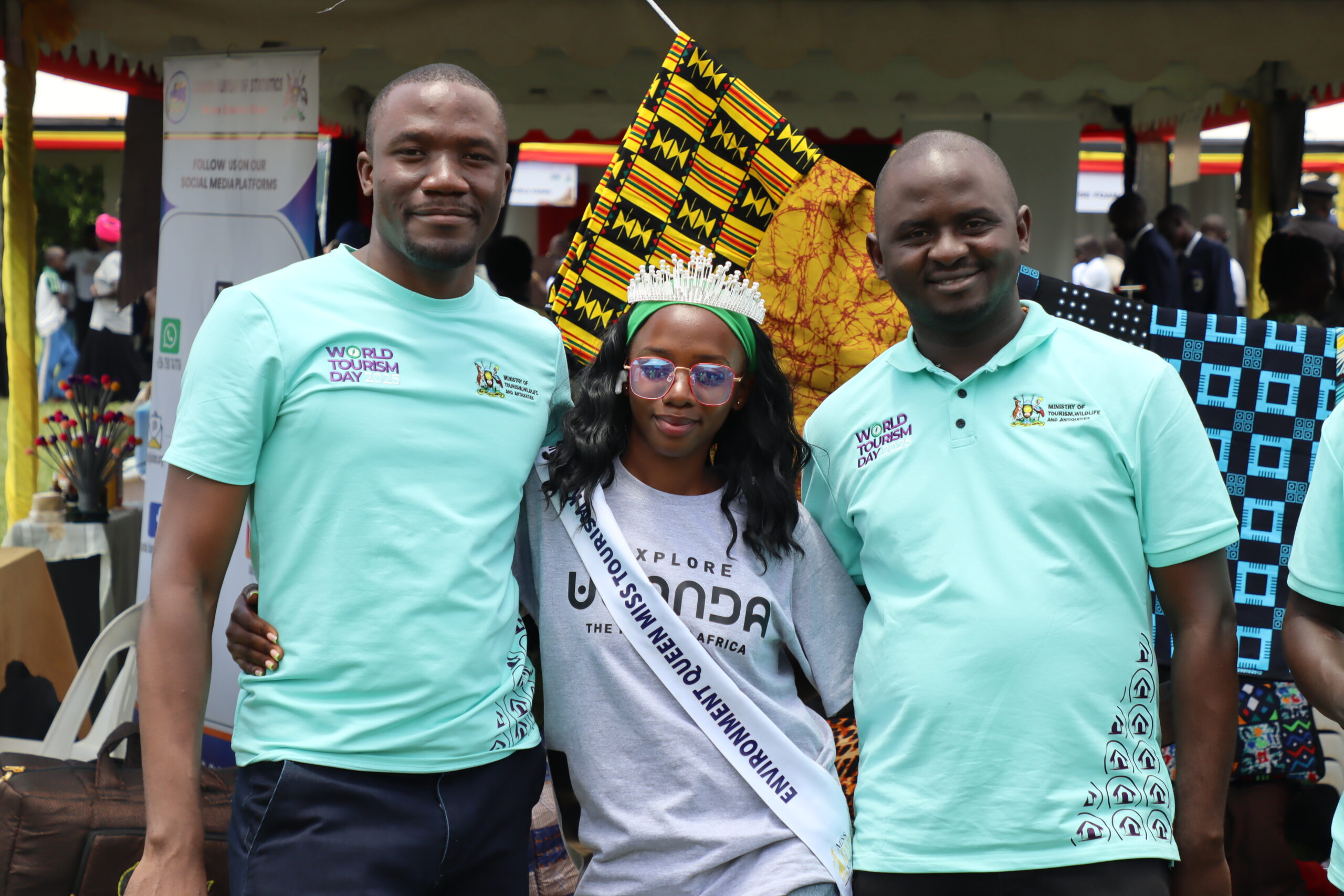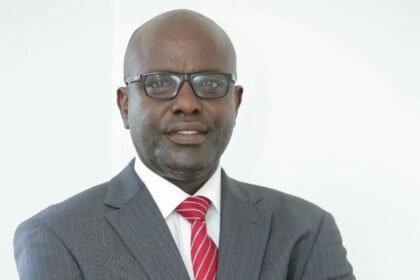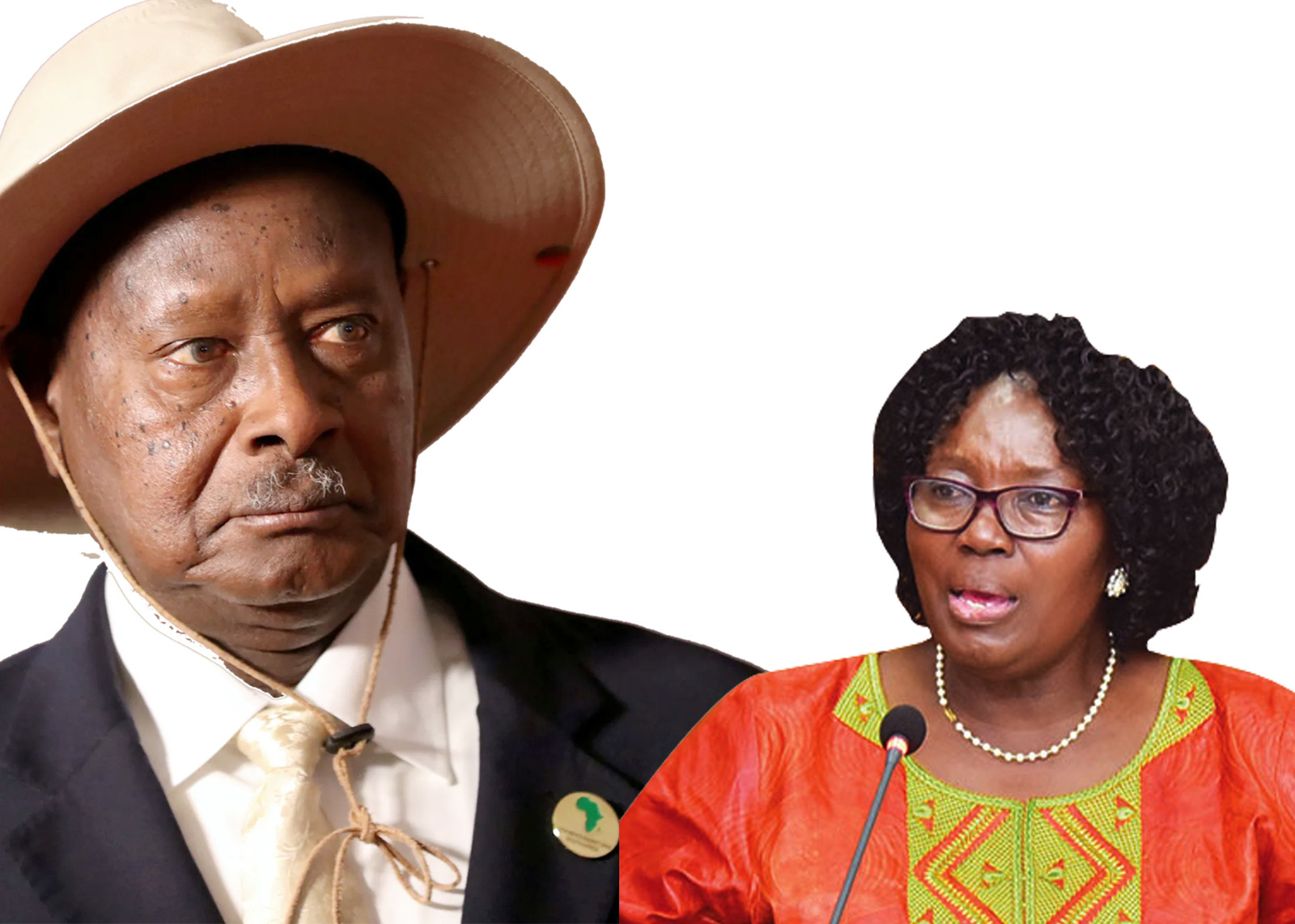You might be wondering why there is so much talk about Karamoja these days. The truth is that the region needs a new story—one that goes beyond the stereotypes and shows Karamoja as a place with as much potential, talent, and culture as any other part of Uganda. To do this, we must break the old misconceptions and actively share the real stories of the people who live in the region.
As Ben Knighton wrote in his 1990 PhD thesis, if nothing is written about Karamoja, much of its history and identity could be lost. Colonial history, for example, shaped many of the false images that still linger today.
Scholars like Akabwai and Ateyo (2007), cited in Knaute and Kagan (2009), explain that after colonial administrators struggled to manage and settle in Karamoja, they developed negative attitudes toward the Karamojong people. One example is a signpost that once greeted visitors at the entrance to Karamoja , reading: “You have reached the heart of Africa.” Mario Cisternino (1979) described this as portraying Karamoja as a “human zoo,” since Karamojong people were restricted from leaving their region for many years. While such signs are gone, the stereotypes quietly remain.
But there is hope. Recent work shows the real Karamoja. Jacqueline Carey Gallo (2024), in her PhD thesis “Grow to Serve”, writes about how the women and girls she met welcomed her with warmth, generosity, and openness—sharing not just their culture, but even what little they had. This is the Karamoja that rarely makes headlines: strong, kind, and rich in tradition.
I know some may disagree with this view—and that’s okay. Healthy debate is part of learning. But my main message is simple: if Karamoja is to move forward, we must stop repeating old misconceptions. We need to tell the truth about its people, its communities, and its potential. Only then can the region shine in the way it truly deserves.
Ayub Mukisa, PhD
Executive Director, Karamoja Anti-Corruption Coalition (KACC)
Email: ayubmukisa@gmail.com
Do you have a story in your community or an opinion to share with us: Email us at Submit an Article



